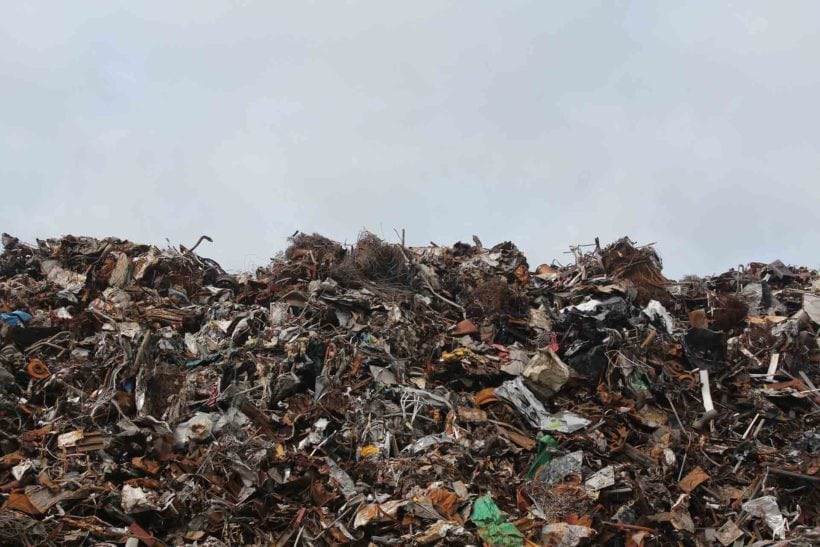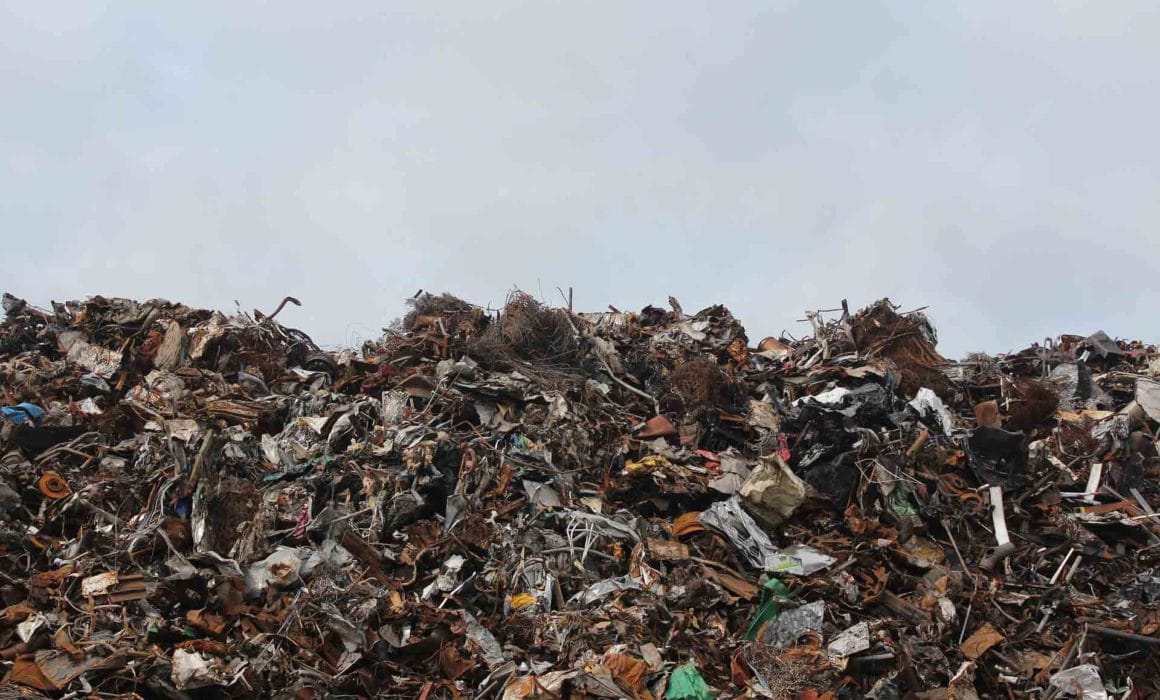
What is Zero Waste?

Let’s talk about waste. We make a ton of it! Or, should I say, tons of it.
In 2013 alone, Americans produced 254 million tons of garbage, averaging 4.4 pounds of trash per person, per day, and that’s not even counting the other 87 million tons of material we managed to recycle and compost. Each year, Americans throw out enough office paper to make a 12-foot-high wall from LA to Manhattan and enough plastic forks, spoons, and cups to wrap around the equator 300 times. By now most people have heard about the Great Pacific Garbage Patch or watched the viral video of the sea turtle with a plastic straw stuck up its nose (warning, it’s graphic). Now China has stopped taking in most of our plastic recycling leaving the United States with a serious environmental, social, and economic problem. Let’s face it; our dirty little secret just isn’t a secret anymore.
In comes the zero-waste movement, an ambitious undertaking that serves more as an educational tool than a realistic standard. No one can truly produce zero waste. At the most basic level, we are animals and thus to live is to produce waste. At a societal level, there are many waste-producing items that are unavoidable from shoes to shampoo bottles. So how can thinking about zero waste help us if it’s the goal we know we will never reach?
The zero-waste movement reminds us to be conscious consumers. In order to reduce the amount of waste we create, we must be mindful of the products and materials we choose in our day to day lives. Do you always remember your reusable grocery bag? Great. Do you refuse single-use plastic straws when you buy coffee or soda? Awesome! Have you ever brought your own containers for restaurant leftovers? No? That’s okay. Most people haven’t, but we could.
Over the next few months, we will be exploring ways to reduce household waste and sharing our experiences with you. We invite you to Try it with Teatown and be part of the conversation. Join us in our waste reduction journey as we test popular zero-waste tips and investigate what it means to be a conscious consumer. You can start now by taking the Zero Waste Pledge:

